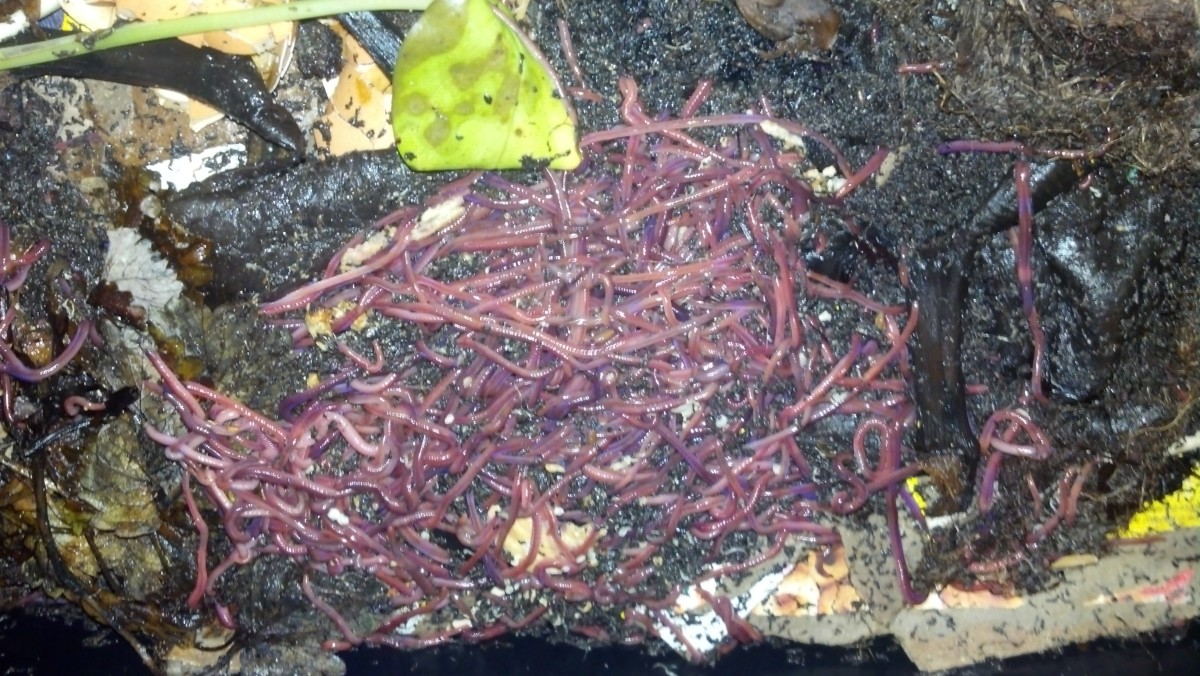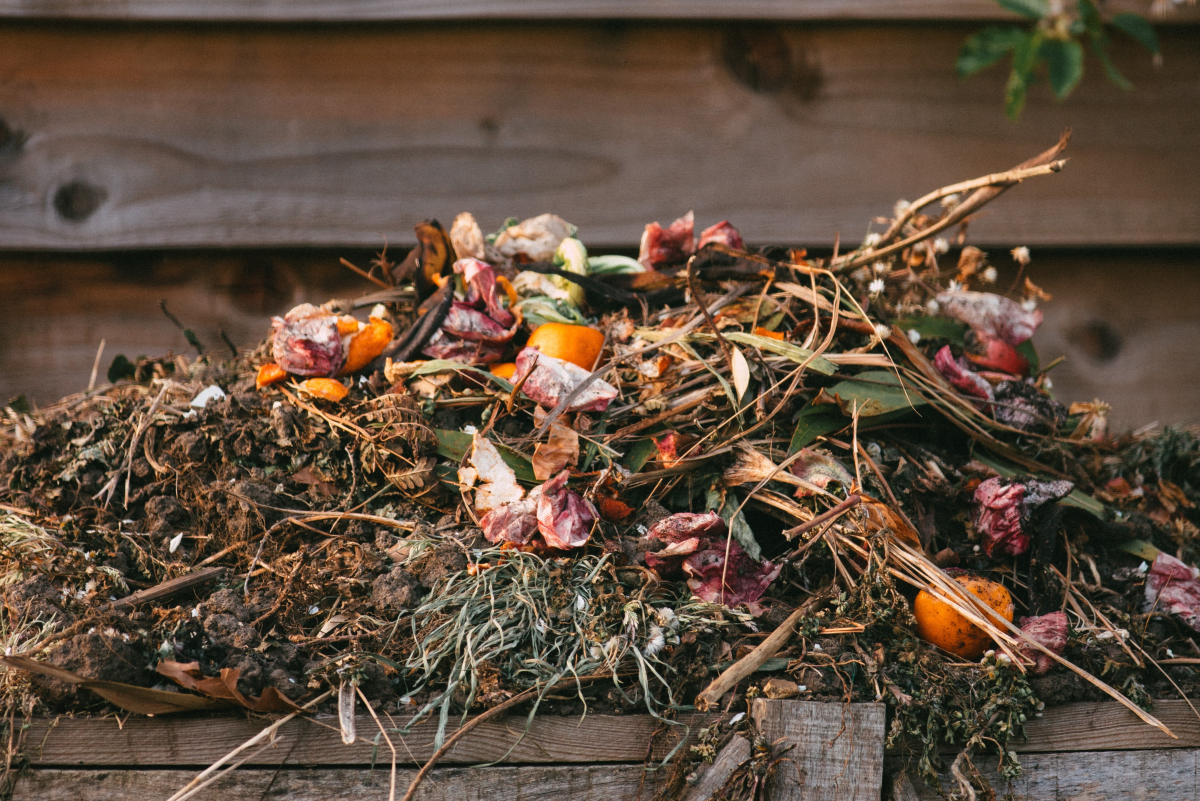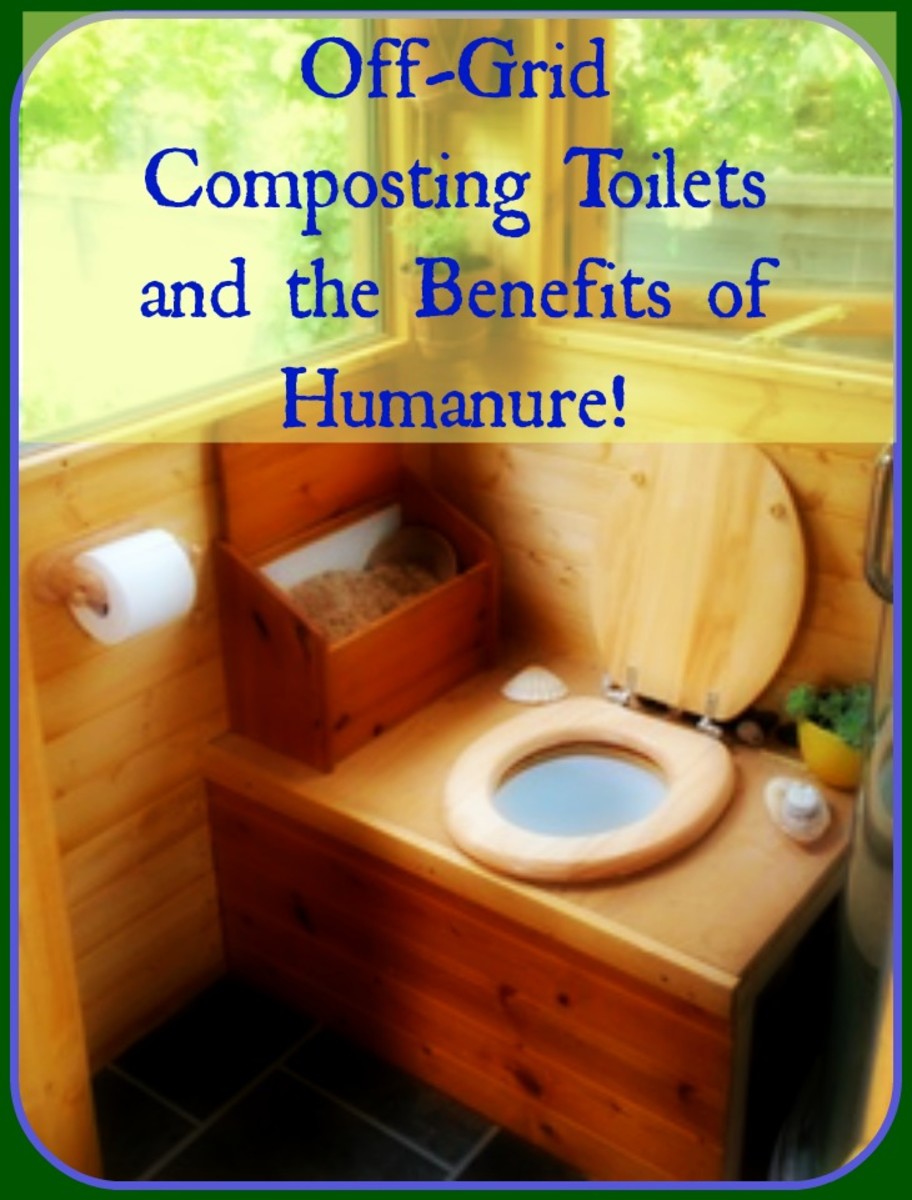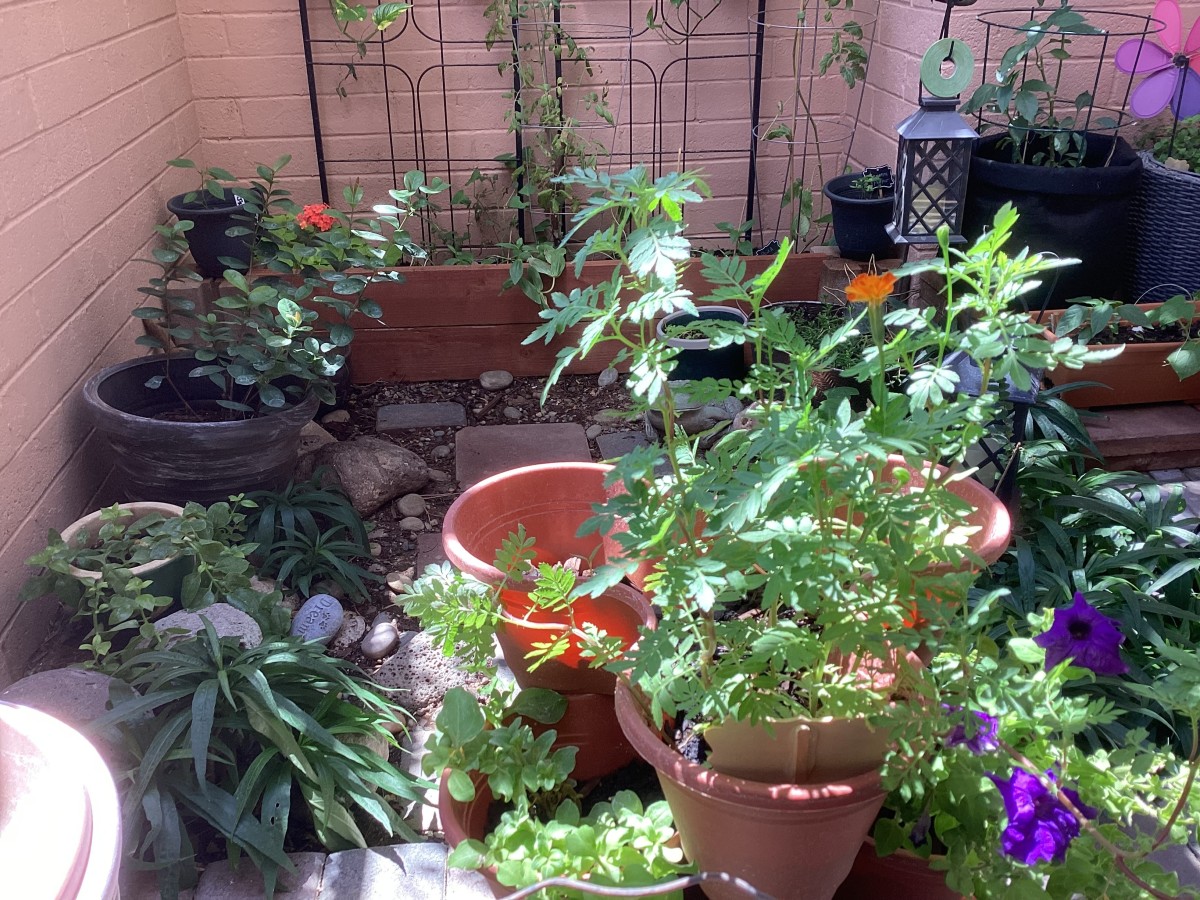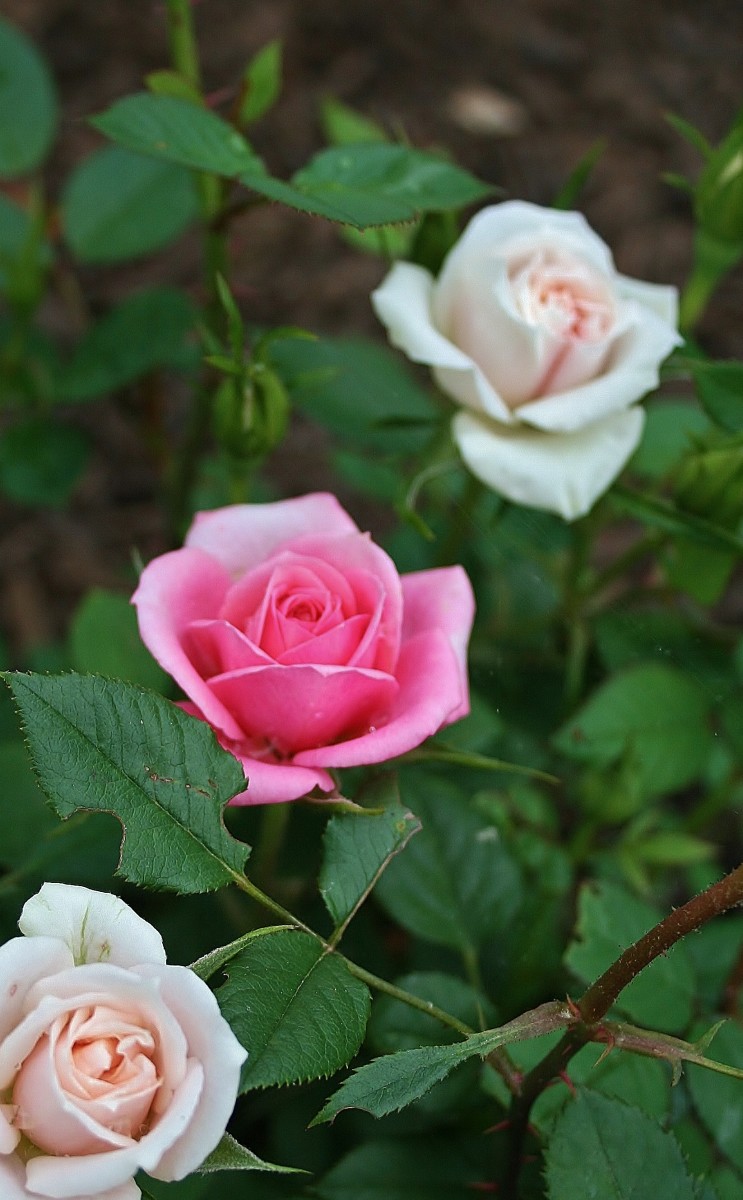Things you need to know before composting in your community

Before getting your hands dirty at a potential composting venture, you must first check if your community will allow it. Most ‘deed-restricted’ communities will allow the possession of composters, as some homeowner associations do not. So always know your options, and find out what your community stipulates when it comes to the production of organic compost. It’s best to be socially aware in this manner rather than violate such boundaries later on.
Composting in the comforts of your own home
The act home composting of creates an odorless, nutrient-rich fertilizer that can be instantly applied to your garden soil and produce. It works well as an organic fertilizer and as a soil amendment. Apart from that, the ingredients needed to create this wonderful product for your garden also comes from your regular collection of household wastes. These can be comprised of your kitchen scraps and yard wastes. The production of compost also helps reduce the disposal of garbage in landfills. As it also helps reduce costs for trash pickups.
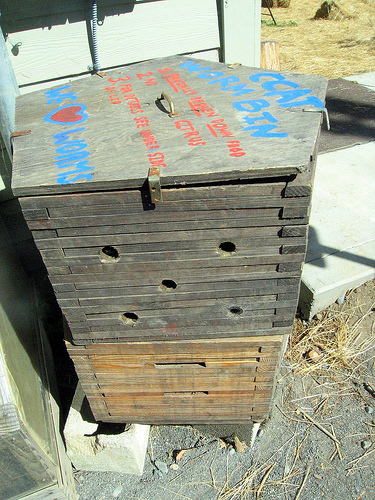
Find out what your community restrictions are for composting at home
A common misconception is sometimes established when creating compost, especially concerning the attraction of unwanted pests, and the creation of foul odors. But of course, if the process weren’t done the right way, it would attract such ‘messy’ problems. Now, some associations may allow the use of home composting bin units or a compost pile setup, just as long as these are not that discernible (this may violate specific ordinances concerning garbage piles). If you’re still up for an outdoor system, make sure that your scraps are contained in a storage unit that will blend well with its surroundings.
Composting indoors
If your community doesn’t allow the production of compost outside of your home, then take your organic refuse indoors. There are plenty of specialized compost units that already contain carbon filters for sifting odors, and collector trays for gathering excess moisture from the bin. Now, most bins are also ideal for indoor storage, considering the variation in sizes that these units go for these days. Managing the bin well will also assure you that there will be no odors or pests. Other than that, you can also get into worm composting to speed up the process (worm castings are richer than most ordinary composts).
Composting in your community
If your community is not into composting yet, then now’s the best time to suggest the idea to your fellow homeowners. You can invite people that already know the basics to composting, and have them teach and demonstrate in a workshop. Take for example Lora Frost, from White Rock. She is an organic master gardener and holistic landscape designer who had helped hold a workshop at the White Rock Community Garden. She talked about the composition of compost, how it enriches the soil, and how it strengthens the plant system from potential diseases.


